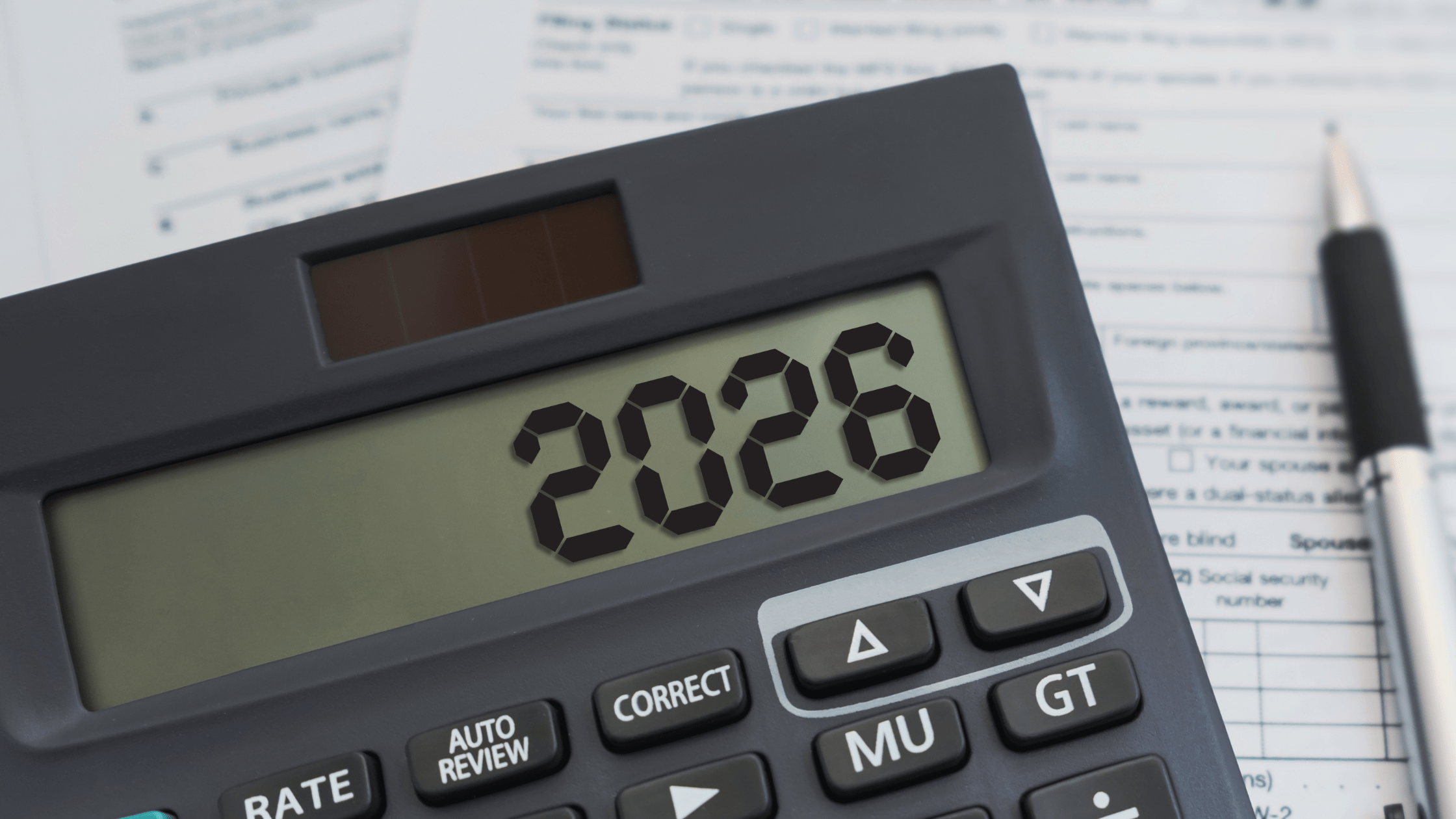Running a business means making a ton of decisions—big and small—every single day. Some decisions are easier than others, like choosing what snacks to stock in the office. But when it comes to financing your operational assets, things can get a little more complicated. Two of the most common options in the market are commercial asset finance and business loans. But which one is right for you?
What is Commercial Asset Finance?
First things first, let’s talk about what commercial asset finance actually is. Simply put, it’s a type of financing specifically used to purchase or lease business assets. These assets could be anything from vehicles, machinery, and equipment to technology and furniture—basically, the tools you need to keep your business running smoothly.
With commercial asset finance, the asset itself typically serves as collateral, which can make it easier to secure financing, even if you’re a new business or don’t have a long credit history.
What is a Business Loan?
On the other hand, a business loan is more of a catch-all type of financing. It’s a lump sum of money that you borrow from a bank or other financial institution, which you can use for a variety of purposes. This might include purchasing inventory, covering operational costs or buying assets.
Unlike commercial asset finance, a business loan doesn’t necessarily tie the loan to a specific asset, which gives you more flexibility in how you use the funds.
Pros and Cons of Commercial Asset Finance
One of the biggest advantages of commercial asset finance is that it’s tailor-made for acquiring business assets. The fact that the asset serves as collateral often means lower interest rates compared to unsecured business loans. Plus, since the loan is tied to the asset, the approval process can be quicker and more straightforward.
Another major benefit of commercial asset finance is it can help with cash flow management. Instead of paying a large sum upfront to purchase an asset, you can spread the cost over time, which keeps your working capital free for other business needs.
The main downside of commercial asset finance is that it’s limited in scope. You can only use it to purchase or lease specific assets meaning if you need a more flexible financing option, this might not be the best fit.
Pros and Cons of Business Loans
Business loans most obvious benefit is flexibility. With a business loan, you can use the funds for just about anything your business needs, whether that’s covering payroll during a slow season, expanding your physical space, or buying new equipment. Another advantage is that business loans often come with longer repayment terms and larger loan amounts.
However, business loans can be harder to qualify for, especially if your credit score isn’t stellar or if you don’t have a long history of business success. They also often come with higher interest rates, especially if the loan is unsecured, meaning it’s not tied to any specific collateral.
Which is Right for You?
At the end of the day, both commercial asset finance and business loans are valuable tools that can help you grow your business. The key is to assess your needs and choose the one that aligns best with your goals and financial situation.
At Coast, we believe securing asset finance should be a smooth and stress-free experience, which is why we have created a streamlined process designed to navigate you effortlessly from application to approval.






